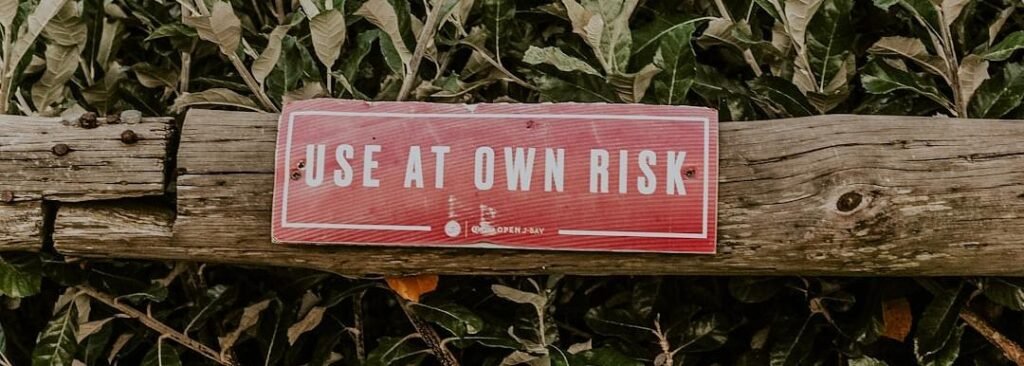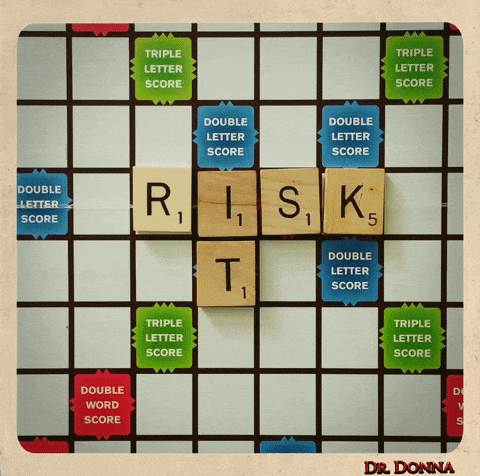
Risk – Take A Chance or Play it Safe?
People have different attitudes toward risk-taking. Some thrive on adrenaline-fuelled adventures like skydiving or extreme sports, while others prefer to minimise uncertainty and stick to safe, predictable choices. While some risks are reckless and ill-advised, others are necessary for growth, success, and innovation. For example, starting a business, moving to a new country, or even speaking up in a meeting can all be calculated risks that lead to great rewards.
In today’s session, we explore how we approach risk in different areas of life: career, personal growth, financial decisions, and parenting. We’ll also discuss how people perceive risk-taking in others and whether society encourages or discourages bold decision-making.
Think about your own approach to risk: Do you embrace challenges, or do you prefer a cautious path? Does your cultural background influence your attitude toward risk? Let’s explore these questions and more!
Useful Vocabulary
Take a chance /teɪk eɪ tʃɑːns/ (collocation) – to do something risky that may have good or bad consequences.
“I don’t know if moving to another country is the right move, but I’m going to take a chance!”
Play it safe /pleɪ ɪt seɪf/ (idiom) – to choose the safest option, avoiding risk.
“I always tell my daughters to play it safe and not swim too far away from the shore.”
Live on the edge /lɪv ɒn ðə ɛdʒ/ (idiom) – to live in a dangerous way, taking big risks.
“Formula 1 drivers really live on the edge; they need a lot of skill to get through each race.”
Cautious /ˈkɔːʃəs/ (adjective) – being careful to avoid potential problems or dangers.
“Lewis was always cautious when investing money, preferring safer options.”
Risk-averse /rɪsk əˈvɜːs/ (adjective) – disliking or avoiding taking risks.
“Colette’s risk-averse when it comes to business decisions, preferring steady and predictable investments.”
Overprotective /ˌəʊvəprəˈtɛktɪv/ (adjective) – describes someone, especially a parent, who tries too hard to protect someone from harm.
“Some parents are overprotective and don’t let their children play outside alone.”
Throw caution to the wind /θrəʊ ˈkɔːʃ(ə)n tə ðə wɪnd/ (idiom) – to take a big risk without being careful.
“Jackson decided to throw caution to the wind and quit his job to travel the world.”
Reckless /ˈrɛkləs/ (adjective) – acting without thinking about the consequences.
“The builder showed a reckless disregard for safety by not wearing a helmet.”
Calculated risk /ˈkælkjʊleɪtɪd rɪsk/ (noun phrase) – a risk that is carefully considered before being taken.
“Launching a startup is a calculated risk, but it can pay off with the right planning.”
Adrenaline rush /əˈdrɛn(ə)lɪn rʌʃ/ (noun phrase) – a sudden increase in energy and excitement, often from doing something thrilling.
“Sienna loves skydiving for the adrenaline rush it gives her.”
Correlation /ˌkɒrəˈleɪʃ(ə)n/ (noun) -a connection or relationship between two or more things, often showing how one influences the other.
“Studies have found a strong correlation between regular exercise and improved mental health.”
Rational /ˈræʃ(ə)n(ə)l/ (adjective) – based on logic or reason rather than emotions.
“Samantha made a rational decision to invest her money instead of spending it impulsively.”
Gauge /ɡeɪdʒ/ (verb) – to measure, estimate, or judge something.
“It’s difficult to gauge how much the new policy will impact the economy.”

Points for Discussion
1) Do you tend to live on the edge or play it safe? Give an example!
2) Describe a time when you did something risky. How did it turn out? How did you feel?
3) What are some calculated risks you take in your daily life?
4) When is it better to take a risk, and when is it better to play it safe?
5) When you were a child, were you encouraged to take risks or play it safe? (Think parents, grandparents, teachers, culture.)
6) What is something that you were allowed to do as a kid that you would not allow your own kids to do?
7) In general, should parents allow their kids to take risks, or should they try to protect them? Why?
8) Do you believe risk-taking is necessary for success? Why or why not?
9) Have you ever taken a calculated risk that paid off? What happened?
10) Are people in your culture generally risk-averse, or do they encourage taking risks?
